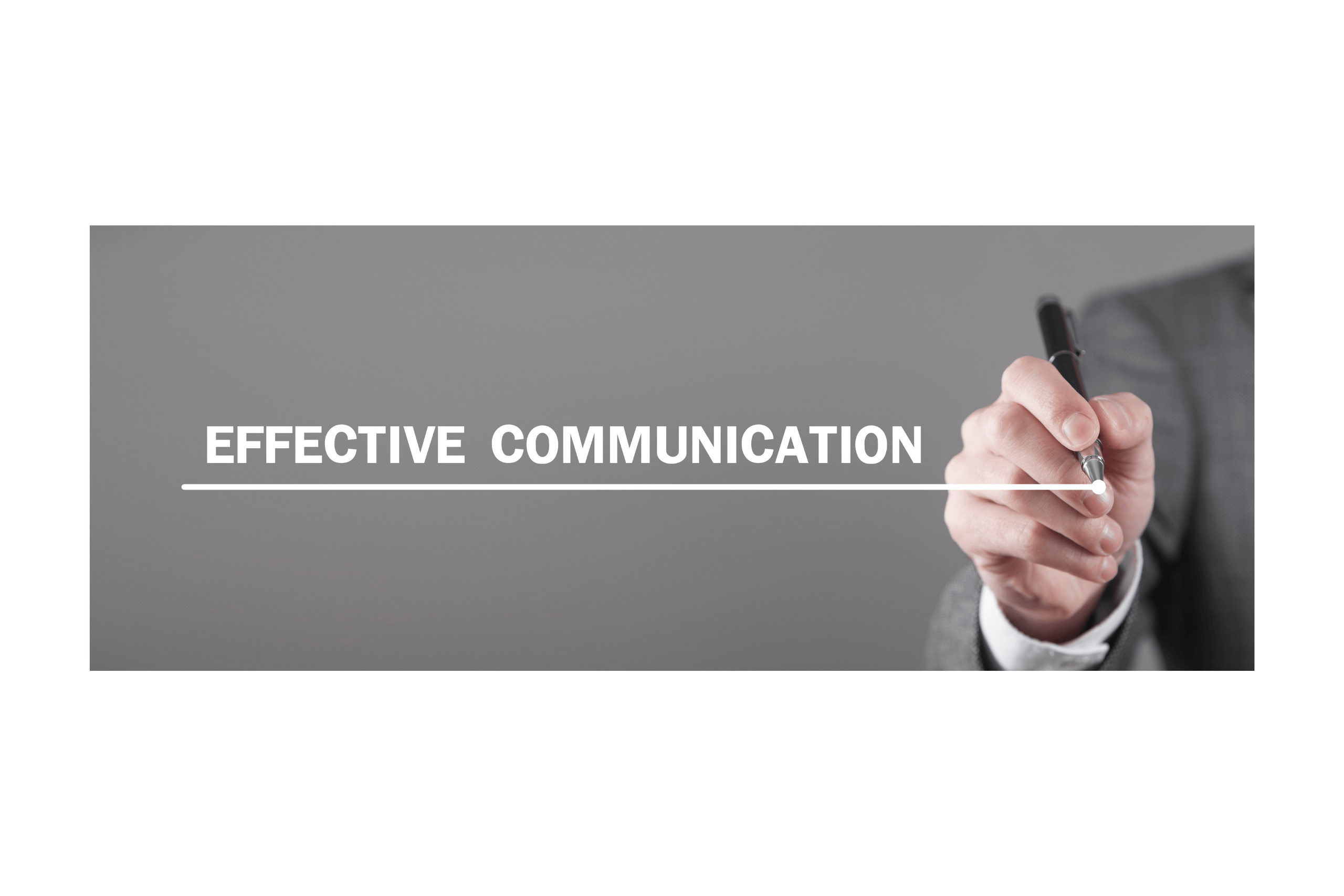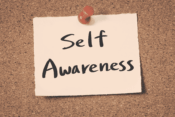
How to Communicate Effectively Using Emotional Intelligence
Did you know that people with high emotional intelligence (EQ) are 90% more likely to be successful in their careers than those with lower EQ? This staggering statistic underscores the importance of emotional intelligence not only in personal relationships but also in professional success.
Effective communication goes beyond the words we speak; it’s about understanding and managing emotions—both our own and others’. When we use emotional intelligence (EQ) in communication, we’re better equipped to connect, empathize, and respond in ways that foster positive interactions.
In this post, we’ll explore how to communicate effectively using emotional intelligence. We’ll break down key strategies for recognizing emotions, managing conflicts, and building stronger, more empathetic connections. Whether in the workplace or personal life, emotional intelligence can transform how we communicate and strengthen our relationships.
What Is Emotional Intelligence and Why Does It Matter?
Emotional intelligence, popularized by psychologist Daniel Goleman, encompasses five key components: self-awareness, self-regulation, motivation, empathy, and social skills. These traits enable individuals to navigate social complexities and foster meaningful interactions.
In the workplace, EI is not just a “soft skill”—it’s a critical factor in effective communication. According to a study published in Harvard Business Review, emotionally intelligent leaders are more likely to inspire trust, collaboration, and innovation.
Self-Awareness: The Foundation of Communication
Effective communication begins with self-awareness—understanding your own emotions and how they influence your behavior. For example, consider how frustration might seep into your tone during a tense discussion, inadvertently escalating the situation.
Practical Tips:
- Practice mindfulness: Take a moment to identify your emotions before entering a conversation.
- Seek feedback: Ask trusted colleagues how your communication style comes across.
- Journal your experiences: Reflecting on your interactions can reveal patterns and triggers.
Research from the Journal of Organizational Behavior highlights that self-aware individuals are better equipped to manage conflicts and build rapport in professional settings.
Empathy: Stepping Into Others’ Shoes
Empathy—the ability to understand and share the feelings of another—is the cornerstone of emotionally intelligent communication. When you empathize, you show genuine interest in others’ perspectives, fostering trust and openness.
Practical Tips:
- Active listening: Focus fully on the speaker, avoiding interruptions and distractions.
- Ask open-ended questions: Encourage others to share their thoughts and feelings.
- Mirror emotions: Subtly reflecting someone’s tone or body language can create a sense of connection.
A 2023 study in Psychological Science found that empathetic leaders are more effective in reducing workplace stress and enhancing team performance.
Self-Regulation: Keeping Your Cool
Even the best communicators face challenges, from heated debates to unexpected criticism. Self-regulation—the ability to manage your emotions—helps you respond thoughtfully instead of reacting impulsively.
Practical Tips:
- Pause before responding: Count to ten if you feel overwhelmed.
- Reframe challenges: View conflicts as opportunities for growth rather than obstacles.
- Develop coping strategies: Techniques like deep breathing or visualization can help you stay calm.
Expert opinion from the American Psychological Association suggests that self-regulation is crucial for maintaining professionalism and resolving conflicts constructively.
Building Social Skills: The Art of Connection
Social skills—the ability to interact effectively with others—are vital for any form of communication. Whether it’s persuading a team, networking at an event, or mentoring a colleague, strong social skills can set you apart.
Practical Tips:
- Be approachable: Maintain open body language and a friendly demeanor.
- Adapt your style: Tailor your communication to suit your audience, whether it’s a casual chat or a formal presentation.
- Provide constructive feedback: Frame criticism positively to encourage improvement without discouragement.
A blog from Forbes notes that professionals with advanced social skills are 40% more likely to be promoted to leadership positions.
The Role of Emotional Intelligence in Workplace Trends
In recent years, employee wellness programs have increasingly emphasized emotional intelligence. According to a 2024 report from Gallup, organizations that incorporate EI training into their wellness initiatives report higher employee satisfaction and retention rates.
Companies like Google and Salesforce have implemented EI-focused workshops, teaching employees to manage stress, communicate effectively, and foster inclusivity. These programs not only enhance individual performance but also contribute to a positive organizational culture.
Actionable Steps to Improve Emotional Intelligence
- Invest in EI training: Seek workshops or online courses tailored to emotional intelligence.
- Read extensively: Books like Emotional Intelligence 2.0 by Travis Bradberry and Jean Greaves offer practical insights.
- Practice daily: Incorporate mindfulness, active listening, and reflective journaling into your routine.
- Leverage technology: Apps like BetterUp and Headspace can help you develop emotional resilience and awareness.
Conclusion: The Key to Transformative Communication
Effective communication is more than just the words you say—it’s about understanding and connecting with people on an emotional level. By cultivating emotional intelligence, you can navigate conversations with empathy, clarity, and purpose, transforming not just how you communicate but how others respond.
So, the next time you step into a meeting, give a presentation, or have a one-on-one chat, remember: emotional intelligence isn’t just a skill—it’s a superpower. Start small, practice consistently, and watch your relationships and career thrive.
References
- Goleman, Daniel. Emotional Intelligence: Why It Can Matter More Than IQ. Bantam Books, 1995.
- “The Value of Emotional Intelligence in Leadership,” Harvard Business Review, 2023.
- “Empathy in the Workplace: Key to Better Leadership,” Psychological Science, 2023.
- Bradberry, Travis, and Greaves, Jean. Emotional Intelligence 2.0. TalentSmart, 2009.
- “How EI Drives Team Success,” Journal of Organizational Behavior, 2022.
- “Employee Wellness Trends for 2024,” Gallup Report, 2024.
- Forbes Staff. “Why Social Skills Matter in Leadership,” Forbes, 2023.
- “Managing Emotions Effectively in the Workplace,” American Psychological Association, 2024.












